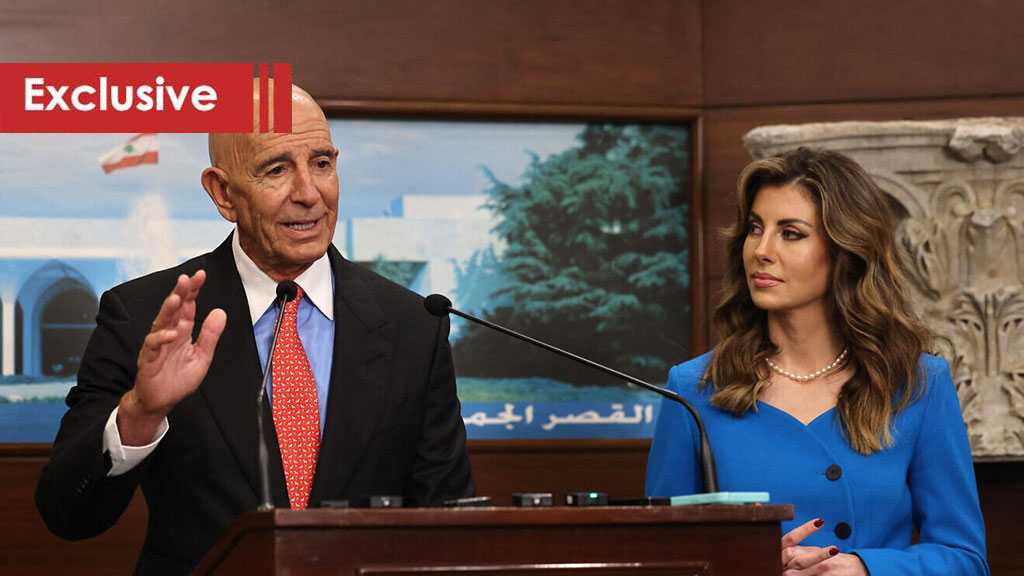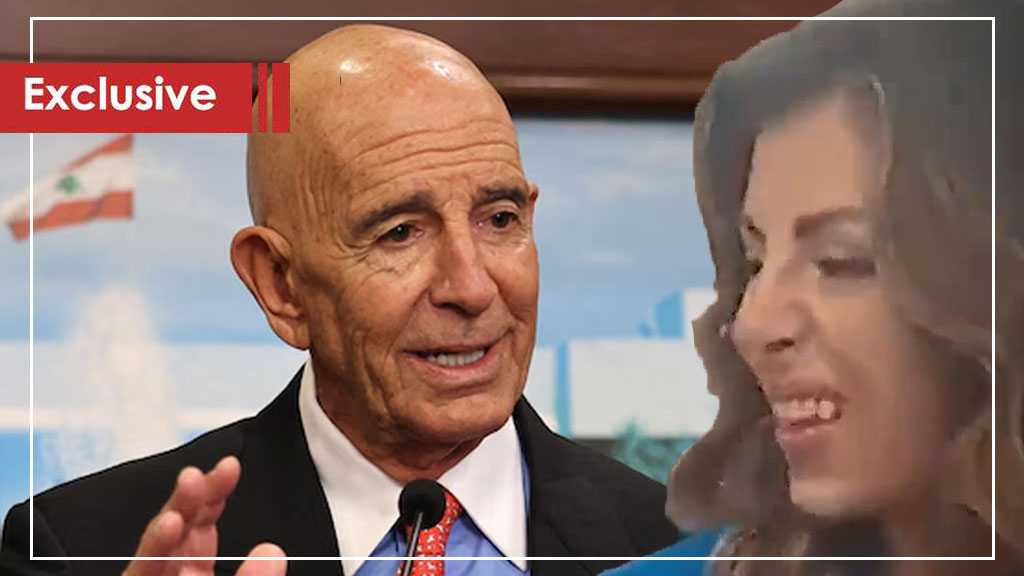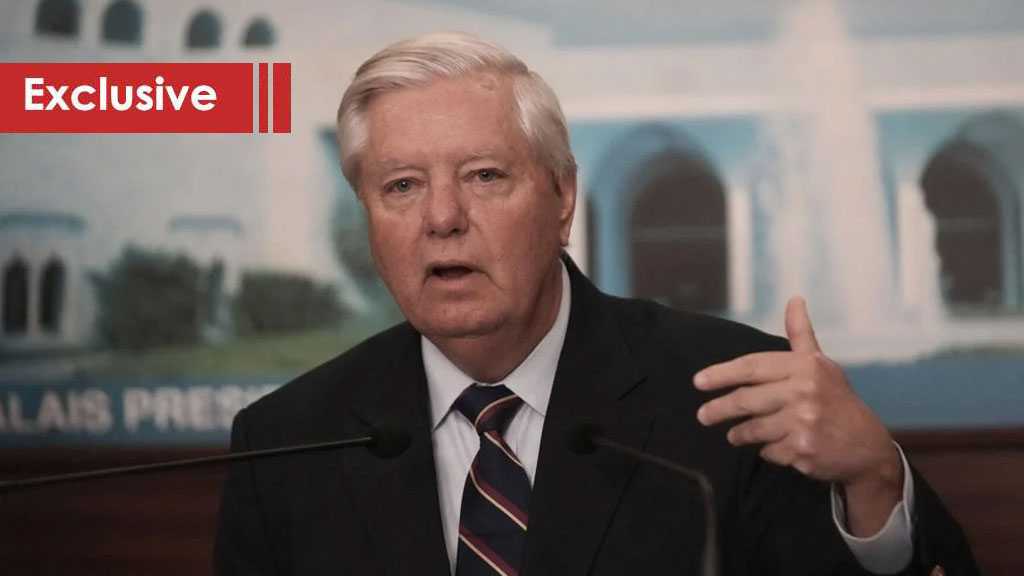
The Decline of American Superpower Status: Public Mistrust and Leadership Failures

By Mohamad Hammoud
Lebanon – Nearly half of Americans now believe their country will no longer be a superpower within the next decade, according to a 2025 Guardian Newsroom and Harris Poll survey. This sharp decline in confidence reflects not just anxiety over global competition, but a more profound mistrust between the American public and its leadership. The question is no longer whether the US is in decline—it's how far that decline will go, and whether anything can stop it.
Global Shifts, Internal Fractures
For much of the 20th century, the United States stood unchallenged on the global stage. Today, global rivals such as China and Russia are rising, while the US appears internally fractured and politically unstable. China's rapid economic growth and technological leadership, particularly in AI and green infrastructure, have reshaped global power dynamics. Russia continues to challenge Western alliances through its aggression in Eastern Europe and its deepening ties with anti-Western regimes.
At the same time, America faces its own gridlock and dysfunction. Congressional paralysis, culture wars, and battles over immigration and censorship have left many Americans doubting whether their government is even capable of solving problems, let alone leading the world.
Military Overreach and Strategic Missteps
The United States is expected to spend approximately $895 billion on its military in 2025—more than the combined spending of the following ten countries. Yet many Americans ask what this spending has truly accomplished. After decades of war in Iraq and Afghanistan, strategic outcomes remain murky. The 2021 withdrawal from Afghanistan is still remembered as chaotic and demoralizing.
Yet American leaders have not absorbed these lessons. President Trump, despite often criticizing past "endless wars," brought the country to the brink of another conflict last month when he ordered strikes on Iran's nuclear facilities. Today, his rhetoric remains confrontational, and his foreign policy signals a renewed willingness to project force globally—even as public appetite for intervention has faded.
Debt, Inequality, and Economic Frustration
The US national debt has surged past $34 trillion, fueled by massive defense budgets, tax breaks for corporations, and ballooning interest payments. At the same time, the wealth gap has widened. The top 1% of Americans now control over 30% of national wealth, while the bottom 50% own just 2.5%. Americans struggling with rent, healthcare or child care increasingly view the system as rigged against them.
While the stock market posts gains, most families are squeezed by rising prices, automation-related job losses, and shrinking access to affordable housing. President Trump's economic policy continues to favor the wealthy—extending corporate tax breaks and slashing environmental and labor regulations—deepening the sense of abandonment among the middle and working classes.
Fractured Society, Fading Trust
The perception of a decline in America stems from both external threats and a growing mistrust between the American people and their leaders. Trust in the federal government has significantly declined over the past several decades, dropping from around 75 percent in the late 1950s to about 20 percent today. This decline suggests a significant erosion in the relationship between citizens and their representatives.
Furthermore, the growing cultural divide in the United States, driven by factors such as immigration raids, university protests, rising political violence, and the spread of online disinformation, has significantly weakened national unity. As a result, public trust in institutions such as the media, the courts, elections, and law enforcement has declined dramatically. Many people now view these once-unifying institutions as being controlled by elites or corrupted by ideology.
This breakdown of trust is particularly concerning as Americans observe politicians touting national greatness while their communities face neglect and billionaires amass wealth amid widespread economic hardship. The erosion of faith in these institutions is further intensified by problems like gerrymandering and Trump's voter suppression, which undermine confidence in the integrity of democratic elections, despite contrary claims.
Donald Trump's resurgence in politics has only deepened this divide. His rhetoric about a "deep state" and his criticisms of the press have further polarized public opinion. The January 6th attack, which he downplays, stands as a powerful symbol of the ongoing challenges facing American democracy.
A Superpower in Name Only?
American power has never been just about missiles or money; it is rooted in the belief in democracy, fairness, innovation, and upward mobility. Unfortunately, this belief is fading. While the US still excels in defense technology, higher education, and global finance, these strengths lose value if Americans lose faith in their own system.
No empire collapses overnight. The Roman Empire declined from within, and the British Empire fell because the country was not adaptable. America faces a risk, with a divided populace, disconnected leaders, and institutions that are distrusted.
The Road Ahead: Rebuild or Decline
Nearly half of Americans doubt their country's future as a superpower. That's not hysteria—it's clarity. They see a nation consumed by internal conflict, led by elites who seem out of touch or self-serving.
To reverse this trend, the US must invest in its citizens, restore transparency and accountability, and promote trust rather than division. If America fails to heal its internal divisions, its decline will become an undeniable reality rather than a mere opinion.



